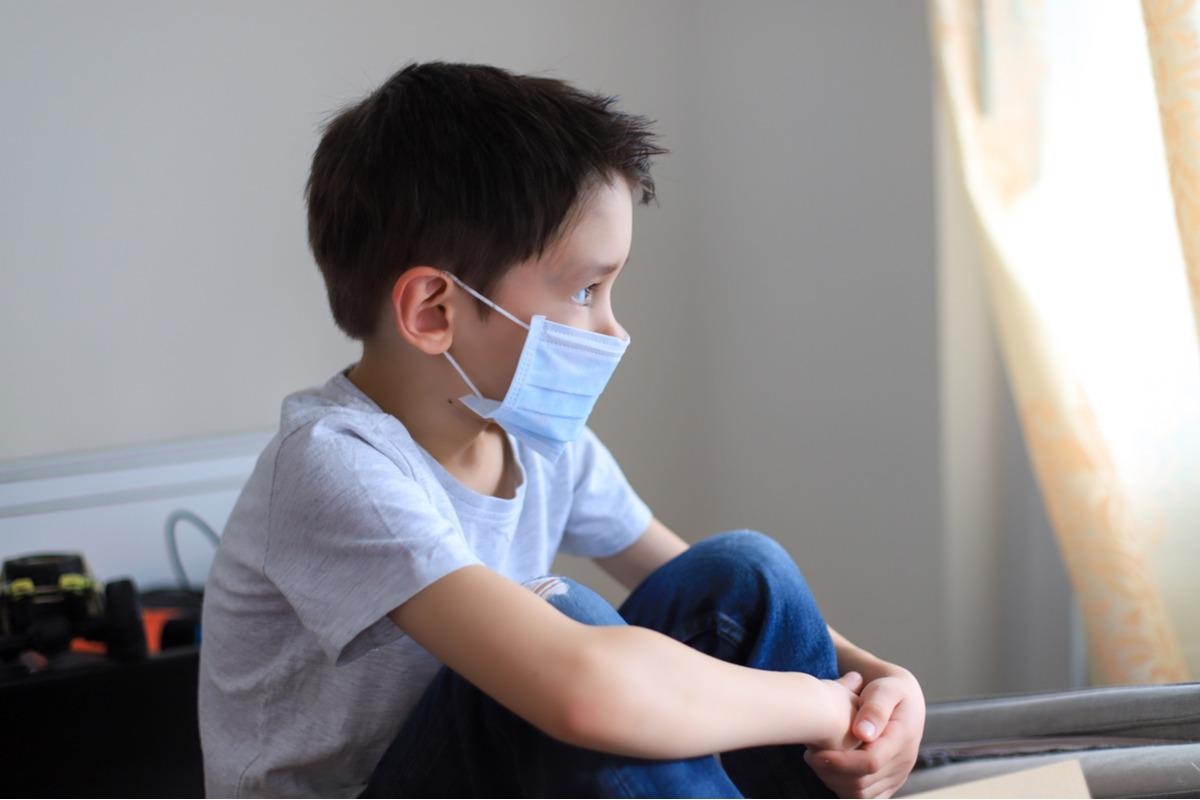In a recent research highlight published in Cellular & Molecular Immunology, researchers discuss their work investigating the immune response of children to severe acute respiratory syndrome coronavirus 2 (SARS-CoV-2) in comparison to elderly and young adults. The work investigated why the children experienced milder coronavirus disease 2019 (COVID-19) illness even after a strong immune response.
 Study: Why are children less affected than adults by severe acute respiratory syndrome coronavirus 2 infection? Image Credit: Onjira Leibe/Shutterstock
Study: Why are children less affected than adults by severe acute respiratory syndrome coronavirus 2 infection? Image Credit: Onjira Leibe/Shutterstock
Background
SARS-CoV-2 has affected millions of people since its emergence in 2019, causing 6.14 million deaths. However, the recovery rate in infected individuals has also been significant. Immune responses play an important role in recovery, clearing the virus from the host and averting tissue immunopathology. Studies have shown that children develop a milder form of COVID-19 than adults and that immune responses play a major part.
Research highlight
In this study, researchers investigated the humoral and cellular responses to hCoV and SARS-CoV-2 in 91 children aged 3-11 years old (both seropositive and seronegative) and 154 adults aged 20-71 years old to determine the immune responses according to age.
The results demonstrated lower hCoV specific antibodies in SARS-CoV-2 seronegative children, whereas hCoV specific SARS-CoV-2-cross-reactive T cells were abundantly present. When compared between aged adults and young adults, the young adults showed higher hCoV T-cell response, cross-reacting with the SARS-CoV-2.
Interestingly, both the antibody as well as cellular responses towards SARS-CoV-2 and hCoV were found to be higher after infection or vaccination in children compared to the other age groups. Moreover, these responses weaken more quickly in older adults than in younger age groups. Adaptive responses toward severe COVID-19 are found to be higher and more robust in aged adults as compared to the young adults
Moreover, the chances of re-infection of SARS-CoV-2 in children are relatively lower owing to the robust and long-lasting antibody and cellular immune responses, raising the question of additional vaccine doses in convalescent children.
The magnitude of immune response with respect to the severity level of the infection varies in children and adults. Several studies report that adults with severe infection illicit higher adaptive responses towards COVID-19 as compared to those with mild illness. The higher immune responses in adults could probably be due to the bystander activation from a previous disease.
However, the researchers demonstrated that children show stronger immunity even with mild illness than adults. Therefore, the severity of COVID-19 cannot only be weighed based on the magnitude of the immune response, but co-morbidities and other pre-existing conditions should also be considered.
Some studies attribute this difference in severity between adults and children to the reduced respiratory tract expression of angiotensin-converting enzyme 2 (ACE2) receptor in children. Another theory includes the transient but strong antiviral response of children with reduced T-cell and natural killer cell turnover rates. Moreover, a higher presence of hCoV-reactive SARS-CoV-2 cross-reactive CD4+ T cells in children can also be a possible reason for differential severity.
Conclusions
Overall, this study reported the humoral and cellular immune responses of convalescent children to COVID-19 infection. The study also demonstrated spike-specific cross-reactivity with hCoVs in COVID-19 convalescent children. This study would thus help understand the COVID-19 vaccination strategies in children.